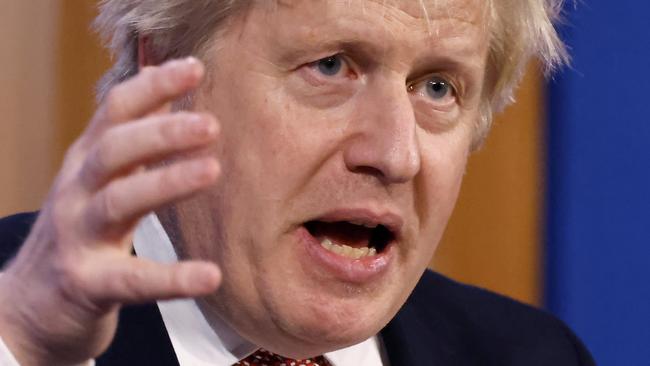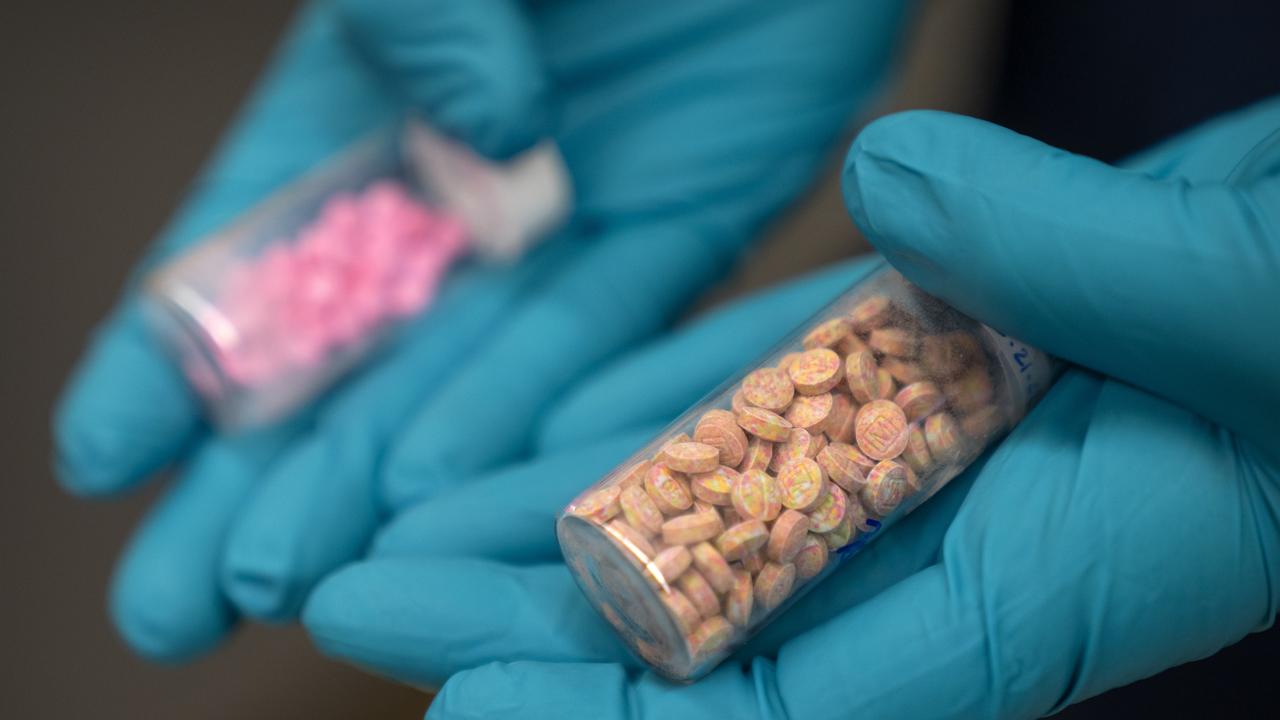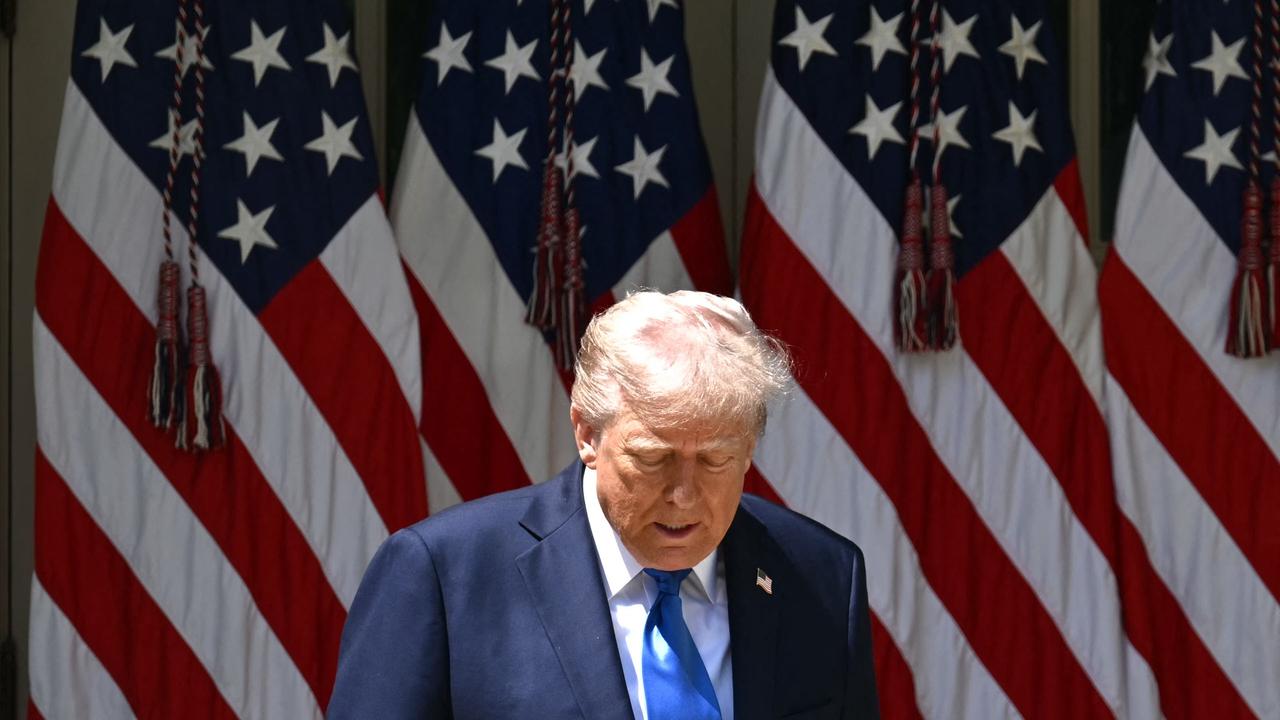As Covid-19 cases wane, UK to lift all remaining curbs
The government to end free testing on April 1 and remove restrictions this week, including self-isolation for those infected.

The British government will lift all remaining Covid-19 restrictions in England this week, including a legal requirement that those infected with the virus to self-isolate, as Prime Minister Boris Johnson looks to fully reopen the country two years after the pandemic first hit.
Mr Johnson said that with the virus on the wane, government-mandated rules were no longer necessary to stop the spread of Covid-19.
“We don’t need laws to compel people to be considerate of others,” he told parliament. “Let us learn to live with this virus and continue protecting ourselves and others without restricting our freedoms.”
In a plan the government has dubbed Living With Covid, contact tracing will end in England by Thursday, as will government payments for those who isolate with the disease. The government said it would end public access to free Covid-19 testing on April 1. Other parts of the UK set their own pandemic-related policies.
Until April, the government will advise people to self-isolate if sick with Covid-19. After that, it will no longer recommend that people infected with the virus stay at home, telling them instead to “exercise personal responsibility” much as one would in the case of the flu, Mr Johnson said.
Several other European countries have dialled back restrictions in recent weeks as they seek to move on from the pandemic. But Britain is the first major European economy to ditch all restrictions as well as its free testing program.
The government expects that vaccines and antivirals can protect the population from future waves of infection. More than 85 per cent of the British population aged 12 and over have had two doses of a Covid-19 vaccine.
Government officials said that the coronavirus still posed a risk, as it could still mutate and spread rapidly. “We are not signalling a hard stop to the pandemic,” said a government spokesman.
Authorities will continue to monitor Covid-19 using genomic sequencing and will keep a stock of rapid antigen tests should the virus again surge in the country.
The decision to lift restrictions has drawn criticism from some quarters. Some scientists worry that, with infections still running at about 25,000 a day and hospitalisations exceeding 1000 a day, removing the curbs could see the number of sick increase.
“Here we have the latest in a long line of reckless policies,” said Michael Head, a research fellow in global health at the University of Southampton.
The Labour opposition questioned the timing of the government’s policy shift. Mr Johnson is also under political pressure from his own Conservative Party MPs amid a police probe into parties held at Downing Street during various lockdowns. Several of his MPs have publicly requested that Covid-19 restrictions be removed.
Britain will continue to focus on protecting those most vulnerable to the virus, officials said. An additional Covid-19 booster shot will be offered this northern spring to vulnerable people and those aged 75 years and over. After April 1, testing will be targeted at people over 80s and those in hospital.
“Those who would wait for a total end to this war before lifting the remaining regulations would be restricting the liberties of the British people for a long time to come,” said Mr Johnson. “This government does not believe that is right or necessary.”
The Wall Street Journal



To join the conversation, please log in. Don't have an account? Register
Join the conversation, you are commenting as Logout